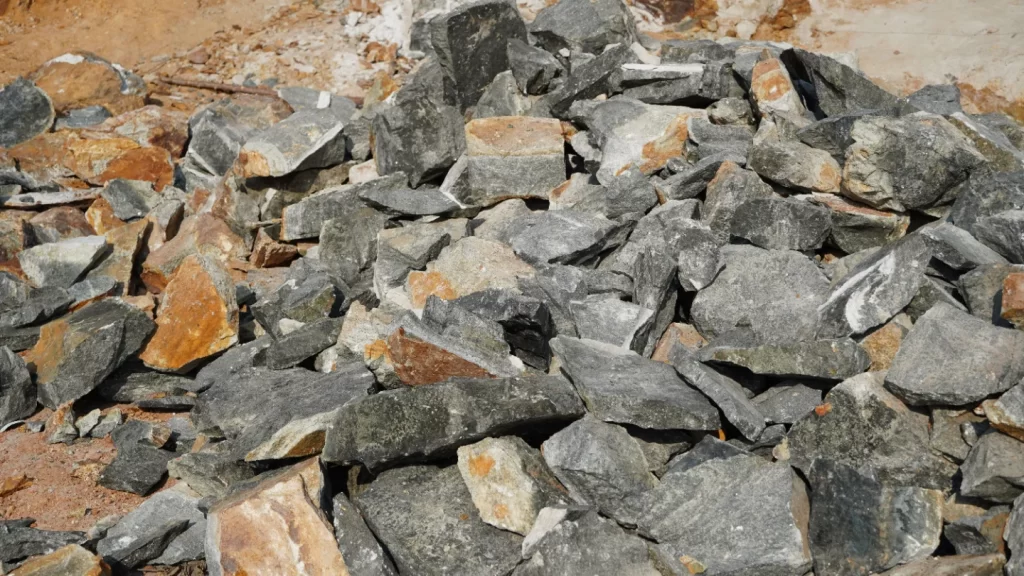
Zimbabwe has issued a directive for lithium miners to submit plans for the in-country production of battery-grade lithium by March 2024, aiming to tap into the increasing demand for this vital mineral in the clean energy sector, announced Finance Minister Mthuli Ncube last week.
In a bid to retain control over lithium resources, the country, Africa’s leading lithium producer, imposed a ban on lithium ore exports last year and introduced a 5% export tax on concentrates.
Lithium, essential for electric vehicle batteries and renewable energy storage, has emerged as Zimbabwe’s third-largest mineral export after platinum group metals (PGM) and gold, generating $209 million in revenue during the first nine months of 2023.
Presenting the 2024 national budget, Ncube emphasized the government’s dissatisfaction with the current concentrate production by miners, deeming it insufficient in terms of beneficiation—a process that enhances raw minerals to add value.
Ncube stated, “Any lithium value addition process that does not result in the production of lithium carbonate is not regarded as beneficiation. Lithium-producing companies should submit their beneficiation plans no later than 31 March 2024.”
He also noted that new licenses for prospective lithium miners would not be granted without approved beneficiation plans.
Zimbabwe’s vast hard-rock lithium reserves, among the world’s largest, have attracted over $1 billion in investments from Chinese mining companies such as Zhejiang Huayou Cobalt, Sinomine Resource Group, Chengxin Lithium Group, Yahua Group, and Canmax Technologies.
Sinomine, which recently commissioned a $300 million spodumene concentrator at its Bikita mine in southern Zimbabwe, announced on Thursday that it had initiated feasibility studies for producing battery-grade lithium within the country.
Meanwhile, Huayou, which acquired the Arcadia mine outside Harare in 2022, expressed intentions to explore local lithium sulphate production “only when the construction and economic conditions are right.”
The company has previously cited challenges in Zimbabwe’s renewable energy, natural gas, sulphuric acid, and other essential inputs for battery-grade lithium production.
Zimbabwe has faced similar challenges with PGM miners, struggling for years to encourage them to refine metals locally.
PGM miners argue that Zimbabwe lacks the necessary electricity and minerals to support the substantial capital investment required for building refineries, instead shipping concentrates to South African refineries.





